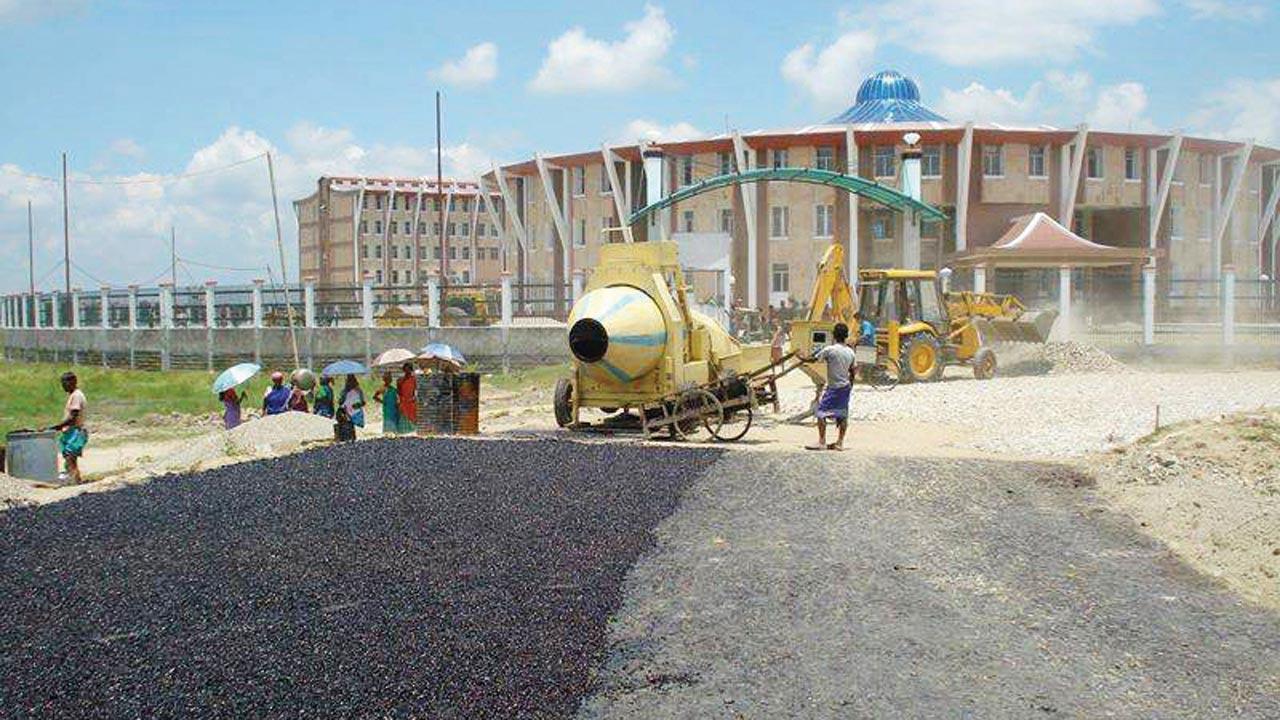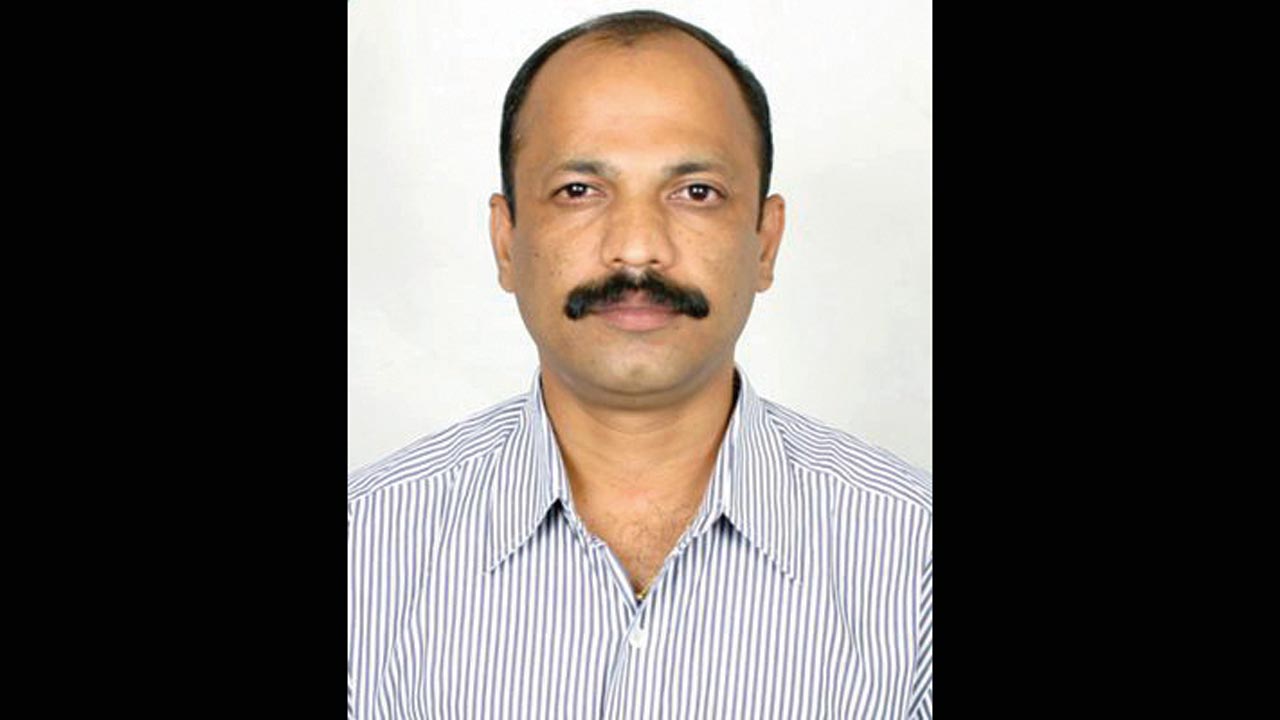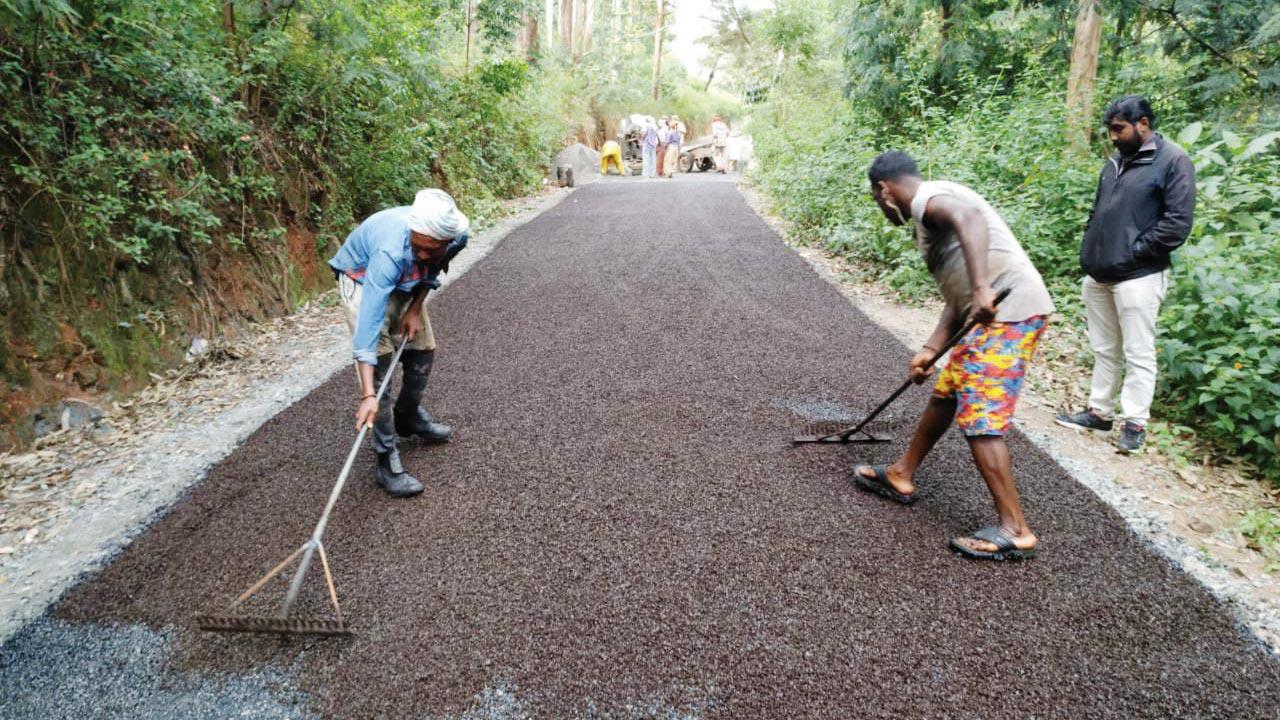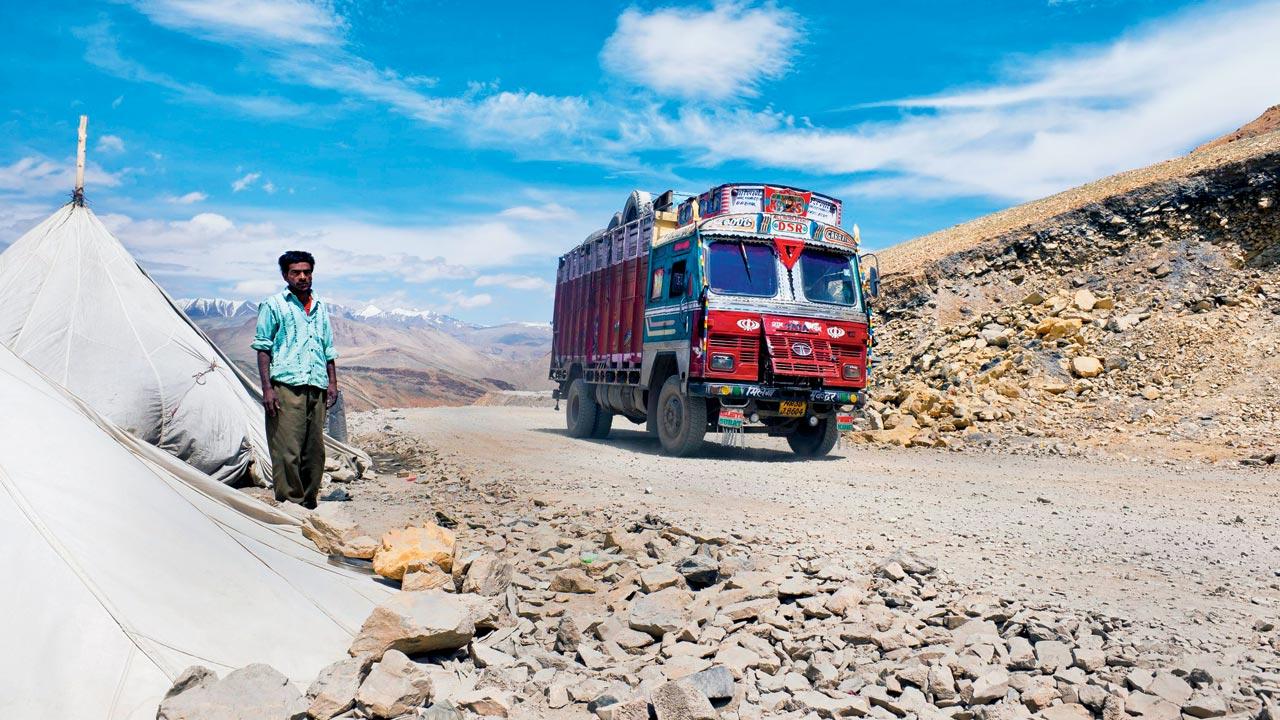Meet India’s new age eco-road constructors who are rolling out innovation in road technology, but wish that governments would take road health more seriously

Markoline, the Navi Mumbai-based highway maintenance company, has completed 64,00,000 sqm of microsurfacing to date, including on Mumbai’s Palm Beach Road under Navi Mumbai Municipal Corporation
In 2009, when Sanjay Patil, chairman and managing director at Markolines, a Navi Mumbai-based highway maintenance company, pitched a project using the technique of microsurfacing, it was met with scepticism. A German technology of road repair, microsurfacing uses an eco-friendly laboratory-designed mixture of polymer modified emulsion, aggregates, mineral filler and other additives accurately proportioned, mixed and uniformly spread over a surface. “We wanted to use the type with 8 mm thickness, but the authorities were unsure because the prevailing material that was being employed was 40 mm. How could 8 mm possibly compete with 40 mm? Little did they know about the premium quality it was made of,” Patil recollects.
ADVERTISEMENT
He explains that the mixture is applied in a semi-solid state, using specialised paving equipment. Upon application, the mixture changes chemically and sets so quickly that traffic can resume on the stretch within two hours. A low-cost solution in preventative road maintenance that also extends the lifespan of roads by five years, is now being used more widely than a decade ago. In fact, Patil’s firm has completed 64,00,000 sqm of microsurfacing to date, including on Mumbai’s Palm Beach Road under Navi Mumbai Municipal Corporation, the Mumbai Nashik Expressway, the Dhule Pimpalgaon Expressway and the Mahua Bharatpur Expressway. “It has gained more legitimacy, but it can go beyond highways. Urban and rural roads could also massively benefit from this technology.”
 Sanjay Patil, chairman and managing director at Markolines
Sanjay Patil, chairman and managing director at Markolines
To the untrained eye, a road surface may come across as a layer of asphalt or concrete. But behind them are now an array of techniques and treatments being used to prevent roads from caving in, but also conserve energy.
Recently, Assam-based BitChem Asphalt Technologies Limited, was granted a patent for its green invention called Tailor-made Cold Binder by the Government of India for a period of 20 years. This entitles them to exclude others from making, using, offering for sale, selling or importing the invention. Bitchem patented Cold Mix road construction technology is said to be pollution-free, leading to zero per cent carbon emission and is three times faster than the conventional technology, as it can be applied during all climatic conditions, excluding the monsoon. “It also ensures three times progress per day and a saving of 1,500 to 4,000 litres of precious diesel fuel per kilometre,” says Rajeev Agarwal, CEO.
 Assam-based BitChem Asphalt Technologies Limited, led by Rajeev Agarwal, was granted a patent for its green invention called Tailor-made Cold Binder by the Government of India. The technology is said to be environment-friendly, leading to zero per cent carbon emission. The company has worked in Maharashtra, Assam and West Bengal, among other states
Assam-based BitChem Asphalt Technologies Limited, led by Rajeev Agarwal, was granted a patent for its green invention called Tailor-made Cold Binder by the Government of India. The technology is said to be environment-friendly, leading to zero per cent carbon emission. The company has worked in Maharashtra, Assam and West Bengal, among other states
Interestingly, the BitChem product comes with the assurance of zero per cent failure rate with a money back guarantee. “Largely, it is contractors who make and maintain the roads for the state government. They often use hot-mix plants, which involve heating of aggregates [gravel, crushed stones, rock dust or powder] and bitumen [a substance produced through the distillation of crude oil]. These emit a cocktail of toxic gases and vapours. You might have also seen waste tyres being burned next to road construction sites.” Through R&D, Agarwal’s company created a single grade, ready-to-use binder, where the bitumen remains in liquid state even in ambient temperature and doesn’t need heating. “This means no toxic fumes are released,” he says. In the hot mix technology, bitumen remains in solid state and has to be heated with stone aggregates and mix to lay it onto roads.
In 2019, the Calcutta Municipal Corporation had to shut down two bitumin producing hot mix plants after an order from the National Green Tribunal.
 Rajeev Agarwal
Rajeev Agarwal
Himanshu Agarwal is senior vice president at Zydex Industries, Vadodara. Zydex has globally patented its nanotechnology-based waterproofing additives that are being used for building moisture resistant, long-lasting highways and rural roads. “Water is like cancer for roads,” says Himanshu. “It causes asphalt binder to strip from the aggregates and leads to distresses such as cracking and potholes. Water tends to weaken the soil base which can cause strength loss.”
The challenge for highway engineers is to design roads using available materials, such as soil, aggregates, bitumen’s which have varying qualities and over which they have little or no control. That makes it imperative to use chemistries to re-engineer the materials to make them perform better, he adds. “The good part is that the chemical behaviour of soils and aggregates have one chemical composition, and that is, silica. That means that if you can use chemical engineering to treat these natural materials, it will increase the strength and durability of pavement, and that’s where the nanotechnology comes to rescue.”
 Himanshu Agarwal, senior VP, Zydex Industries, with patent for nanotechnology-based waterproofing compounds and additives
Himanshu Agarwal, senior VP, Zydex Industries, with patent for nanotechnology-based waterproofing compounds and additives
The company has created additives that chemically enhance the bonds between the asphalt binder and the aggregate while also making the asphalt mixes immune to damages caused by water. “We change the surface fully. Consider it similar to grafting of human skin. We ensure each soil particle is changed by making it more cohesive and non-water absorbent.” The company has helmed projects across India, including Arunachal Pradesh, Tripura, Kargil, Leh-Ladakh, Gujarat, Uttar Pradesh, Uttarakhand, Tamil Nadu, and Andaman and Nicobar Islands.
All of this begs the question: why do potholes continue to be a menace? “Because people take it as a given and no one puts a value to the loss,” says Himanshu bluntly, adding that this can prevented by using strict multi-tier quality control at the time of construction and preventive maintenance to extend life. “You never really hear of the airport runway having potholes, do you? Even if there is a problem, it’s swiftly corrected. Similarly, failures are far less on railway tracks. When it comes to roads, we suddenly become fatalistic. ‘Arre, yeh toh hona hi tha’ is the attitude.” As per the data from the My BMC Pothole Fixit app, in 2020-21, around 1,292 potholes were reported in the city. Out of these 885 complaints registered in the app, 877 were attended to and closed. “We need to raise the bar on expectations [when it comes to road innovation],” thinks Himanshu. “Normally, safety standards [for road design] are laid by the US or Europe and India adopts them. But, for once, the standard for moisture-resistance is the strongest in India. Despite this, we are lagging behind in implementation.”
 Zydex Industries has globally patented its nanotechnology-based waterproofing compounds and additives that are being used for climate resilient, moisture resistant, long-lasting highways and rural roads. The company has finished projects in Ladakh
Zydex Industries has globally patented its nanotechnology-based waterproofing compounds and additives that are being used for climate resilient, moisture resistant, long-lasting highways and rural roads. The company has finished projects in Ladakh
According to Agarwal, innovation efforts are trashed prematurely because of improper adoption of patented technology by the central and state governments. “When you come up with a new [road] technology, you have to make a presentation and demonstrate its use to the authorities. And if you aren’t able to pull it off due to funding, your idea falls by the wayside.” Agarwal says he was fortunate to have been financially backed by the Technology Development Board, Department of Science and Technology, Government of India.
1,500-4,000 lakh
Amount of diesel fuel saved per kilometre when Bitchem’s Cold Mix road construction technology is used
 Subscribe today by clicking the link and stay updated with the latest news!" Click here!
Subscribe today by clicking the link and stay updated with the latest news!" Click here!








